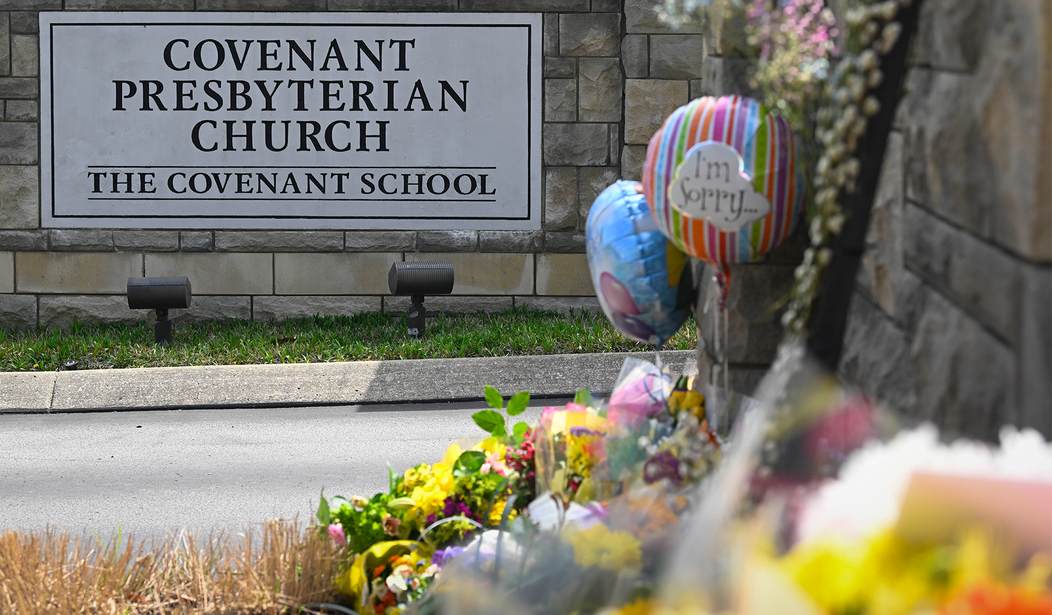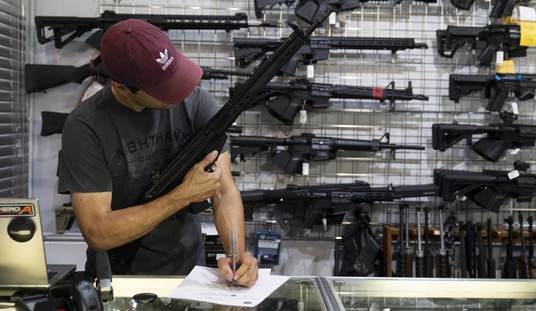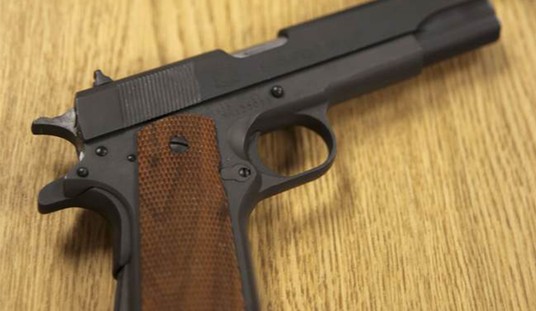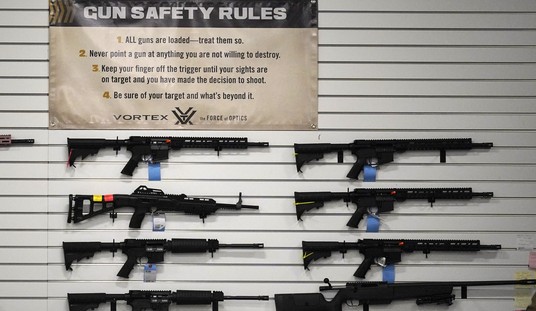My biggest issue with NPR isn't that they have a profound leftward bias, it's that our tax dollars go to help fund NPR. Bias, I can live with. I don't think anyone should have to live with funding a bias they don't share, which is what we're stuck doing.
NPR has never aired a pro-gun story so far as I can recall, and they typically slant everything to the anti-gun side, even when it's not necessary.
Take a recent piece they did regarding the aftermath of the Covenant School shooting in Nashville.
SCOTT SIMON, HOST:
It's been a bit over a year since the shooting at the Covenant School in Nashville. A former student killed three children and three staff members before being fatally shot by police. Since then, many students in the area have become activists for gun reform. But Magnolia McKay at member station WPLN reports that they have not made much progress.
MAGNOLIA MCKAY, BYLINE: In the days after the tragedy, thousands of students took part in a large school walkout to demand gun safety legislation. Sophie Kavalali was one of them. She says she showed up on the steps of the state Capitol again and again, making demands.
SOPHIE KAVALALI: We should have universal background checks. I think that we should be banning assault rifles completely. I don't think anybody should be owning an assault rifle. And I think that we need to really increase gun regulation and gun control within the state. Guns are killing people.
MCKAY: Governor Bill Lee called a special legislative session to address public safety right after the shooting. Students and parents kept up the pressure. But Tennessee lawmakers didn't pass any significant gun bills. Instead, they push for things demonstrators weren't asking for about human trafficking and juvenile sentencing. One year later, Kavalali is frustrated.
KAVALALI: Because I was making so many calls to elected representatives. And I was protesting so much. I was organizing so much. And I felt like that led to no genuine political action at the end.
Now, Kavalali's activism is relevant to the original premise of the piece. After all, it's about how Tennessee responded, and they didn't yield to anti-gun demands. Kavalali is an anti-gunner, which is clear as day, but her call for assault weapon band and more of other types of gun control received no pushback, no counterpoint.
It's as if McKay didn't figure that anyone would disagree with all of this.
Then again, when you look at everyone else interviewed for this piece--or, at least, those who made the air--you don't see anything remotely like a balanced point of view.
ISRAEL PEREZ: They implemented the system at our school. It was an automatic lockdown system, where the doors just shut and you hear a voice saying, lock down, lock down, get to somewhere safe.
MCKAY: Perez goes to Pearl-Cohn High, a public school in one of the most distressed ZIP codes in Nashville. He'd like to see lawmakers prioritize mental health screenings for prospective gun owners.
PEREZ: When it comes to guns and stuff like that, anyone could get it off the street, and there's no mental evaluation being checked. There's no support being given.
MCKAY: These young people have learned that even though they protest a lot and deliver clear demands, their representatives may not respond. So if lawmakers won't act, some teens, like 17-year-old Ryder Haje, focus on change that can be made outside the statehouse and in their own circles.
At no point did anyone bother to actually talk to anyone who supported what Tennessee did. They only talked to people who thought we needed more gun control.
Yet the truth of the matter is that Tennessee placed priorities right where they needed to be. They stepped up school security. They looked at ways to make schools terrible targets for would-be mass murderers.
They didn't do what others have done in the wake of such tragedies, namely learning the wrong lessons.
We know that the Covenant killer didn't pick that school as the first priority target. It was a secondary target when his first choice was too secure to hit. We also know that bad people will find a way to get guns so they can do bad things. That includes mass murderers, as we saw in Nova Scotia a few years back.
So gun control isn't really the way to stop these things like many claim. It didn't in Russia, which has no respect for human rights in the least, so why would it work here?
The answer, of course, is that it won't. It's not going to happen.
Yet we have NPR and others who think that somehow, hardening schools is a terrible idea despite the fact that we haven't been able to keep street-level thugs from getting guns. Most mass killers, despite what we want to believe, have clean criminal histories. They're not going to be prohibited from buying guns unless we prohibit everyone from buying guns.
"But that one kid said something about mental health screenings."
Dude, if you believe that a would-be mass murderer can't hide that when they're planning something like an attack on a school, you're deluding yourself.
Just like how you're deluding yourself that mental health screenings wouldn't keep guns out of the hands of people who are no threat at all, simply because they concern the screener simply because they want a gun.
Tennessee did the right thing because no matter what you do, some will want to kill, but making schools bad targets will help protect kids from other kinds of attacks as well.
That's a win, folks. That's all you can really do.







Join the conversation as a VIP Member